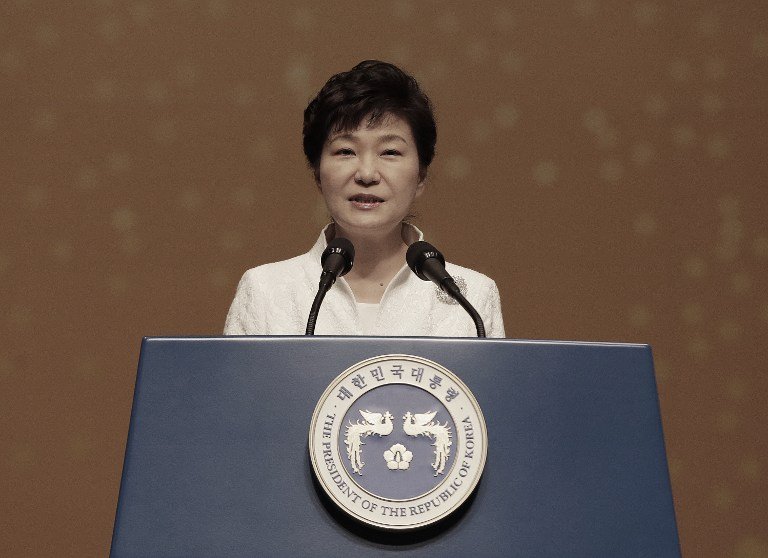- California Assembly OKs highest minimum wage in nation
- S. Korea unveils first graphic cigarette warnings
- US joins with South Korea, Japan in bid to deter North Korea
- LPGA golfer Chun In-gee finally back in action
- S. Korea won’t be top seed in final World Cup qualification round
- US men’s soccer misses 2nd straight Olympics
- US back on track in qualifying with 4-0 win over Guatemala
- High-intensity workout injuries spawn cottage industry
- CDC expands range of Zika mosquitoes into parts of Northeast
- Who knew? ‘The Walking Dead’ is helping families connect
S. Korean president warns of bleak future without good jobs for young people
SEOUL, March 25 (Yonhap) — President Park Geun-hye warned Wednesday that South Korea’s future would be bleak unless good jobs are created for the country’s young people.
The unemployment rate for young people is nearly three times as high as the overall jobless rate in South Korea as the country entered a period of sluggish growth.
“The future of a country as well as that of an individual cannot help but be darkened unless good jobs are created for young people,” Park said in a meeting with leaders of several dozen companies at the presidential office.
The unemployment rate for young people between 15 and 29 stood at 11.1 percent in February, compared with the overall jobless rate of 4.6 percent in the same month. The overall jobless rate is the highest level in five years, according to government data.
She tried to encourage more companies to hire more people, calling companies that create more jobs “patriotic companies.”
Park also renewed her expectation that a tripartite committee composed of officials of labor, management and the government produce a compromise deal by the end of this month to reform the country’s rigid labor market.
She said improving the system and practices of the labor market is a must for survival, not a choice.
One of the key issues of South Korea’s labor market is a divide between regular workers and non-regular workers.
Critics say regular workers are being overprotected, a development that causes some companies to shun recruitment and instead rely on non-regular workers that they can fire more easily.
















